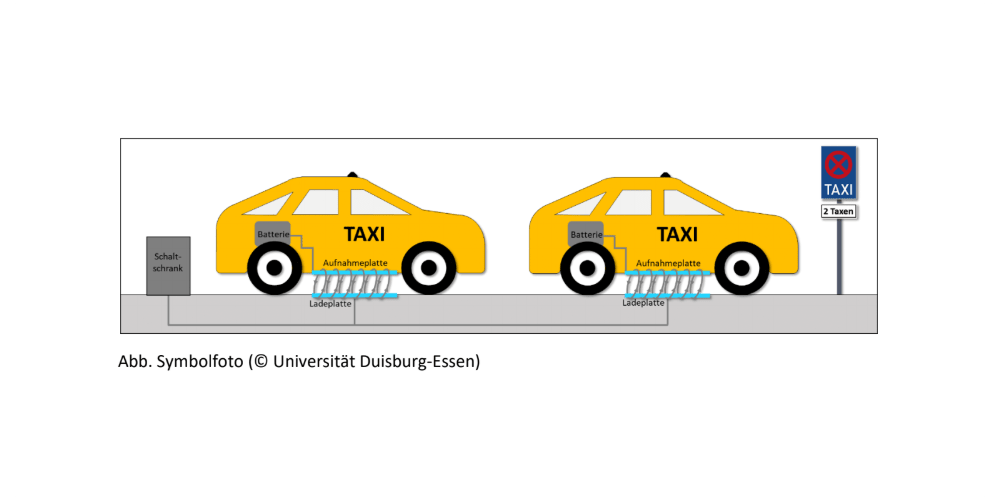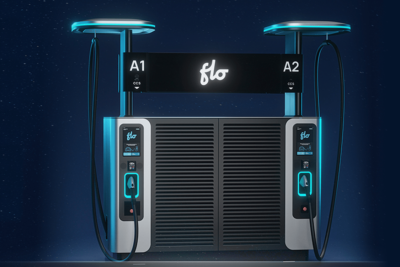Inductive charging project for taxis in Cologne
In the German city of Cologne, an inductive (wireless) charging project for taxis is being set up called the Taxi Charging Concept for Public Spaces (TALAKO for short from the German). This is part of the SMATA feasibility project was launched in October.
++ This article has been updated. Kindly continue reading below. ++
The taxis will be able to charge simply by waiting at the taxi rank by means of inductive charging strips that connect to inductive coils built within the vehicles.
The SMATA project started in October played the precursor to this project by investigating the feasibility of an intelligent taxi charging platform for data-driven networking of taxi and charging operations with the participation of relevant stakeholders in the inner-city area.
For the new TALAKO project, six LEVC electric taxis are to be converted for inductive charging. LEVC is responsible for making the famous London electric taxi cabs specially developed for the taxi industry. The vehicle has an electric range of 130 km and a range extender on board to extend the range by 500 km if necessary. When the Cologne project is in operation, six vehicles will be able to charge simultaneously.
In addition to the British taxi-makers, the project includes the universities of Duisburg-Essen and Wuppertal, the city of Cologne, INTIS GmbH, RheinEnergie AG, and TaxiRuf Köln. The project consortium will set up a prototype plant in Mülheim within the first 6 months – The taxi service Taxi Stephany already operates a LEVC vehicle in the area and is enthusiastic about the additional charging option.
Inductive charging has been trialled by a number of different firms. Earlier this year, Energy supplier Fortum and U.S. American specialist Momentum Dynamics set up a wireless fast-charging infrastructure for taxis in Oslo. In Sweden, an inductive road is to be built. Only today, Connected Kerb announced that they would be introducing inductive charging plates to existing charging stations thanks to the technology of German company Magmet.
Also in Germany, with the project LaneCharge: Inductive charging of electric vehicles is to be further developed at Hannover University of Applied Sciences and Arts.
Although few vehicles currently have inductive charging coils built-in, there are already signs to indicated that this technology will become ubiquitous in the future, since charging takes no longer than with plug and cable. Inductive charging has obvious advantages, particularly for buses to charge at bus stops, or taxis at taxi ranks. Inductive charging also allows drivers with disabilities to charge their vehicles easily without complicated cable and plug activity.
With the TALAKO project in Cologne, the project team is trying to attract additional vehicle manufacturers to the project. The planned prototype plant in Müllheim will be advantageous.
Update 01 June 2021: As part of the TALAKO project launched in autumn 2019, the prototype of the inductive charging system has now been put into operation at the Auto Stephany taxi company in Mülheim. So the first vehicle with inductive charging technology, a hybrid taxi from LEVC, is now on the road. At least five more will follow on the “large” pilot installation in the city of Cologne.
Source: press release via email. hs-hannover.de (LaneCharge project in Hannover – in German), update via email





0 Comments